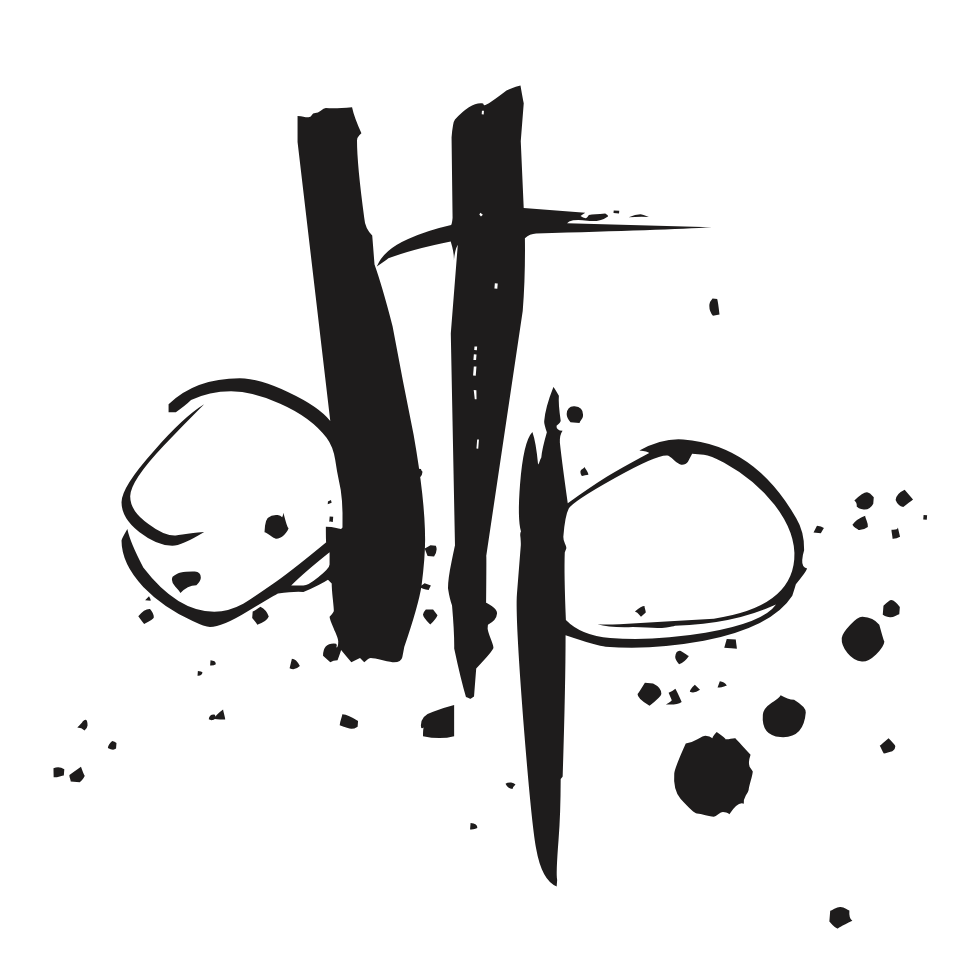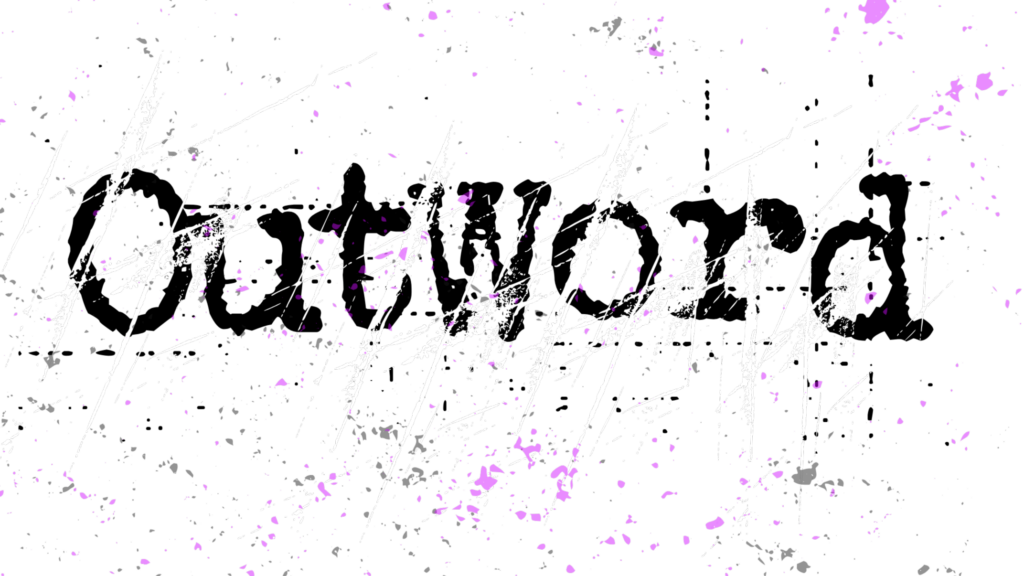“It actually makes me feel better knowing you’re not doing so great.” This line comes from one of my friends, but there’s no reason to take offense. As it goes, misery loves company.
This has sat in drafts for a while. I wasn’t sure how to approach the idea of “everyone’s having a tough go, aren’t they?” feeling that permeates absolutely everything. Circumstances haven’t changed all that much, but our ability to keep up appearances seems to be slipping. Today, though, feels like the proper day to write it out. Beyond my window a steady rain has settled in for the day. I could hear the edge of this front roll in this morning, a rumble of thunder vibrating the walls of the house. Nothing sudden, nothing violent – we all knew it was coming, we all knew we would just sit here and take it.
How are you doing?
No, really. How are you?
A colleague of mine recently quit their job with the party campaign. He reported seeing the lowest numbers ever for donations from emails and text messages. “We live in the spam folder” he says. “Expect a LOT more mailers this year.” I don’t remember what he said he was going to do for income. I’m sure he’ll be fine.
I ask again: how are you doing? When I tell my peers that I’m sitting this election cycle out, every one of them says “oh, I know, me too.” But I don’t think they are. The messaging is still coming through. Can you change enough of your habits to truly evade the news of politics? Television brought the Vietnam War into American living rooms. Now there is a new war every day. There are plans of talks and treaties and peace within the next 30, 60, 90 days while hundreds or thousands are killed by warlords in the span of a day. All of this is layered in with your Instagram dogs and booty workout tiktokers.
Eventually, on a long enough timeline, you can no longer ask for help. The best you can do is beg them to not ignore you. A world of crises diverted to the spam folder, an algorithm tuned to something else, a mailbox that may as well double as a trash can.
It only feels hopeless because you aren’t the one who needs hope.
Also, I have nothing to complain about. Rent is paid and dogs are fed. Still, there is this feeling under it all. The internet connected world keeps unearthing vast portions of our lexicon suffering from years of underuse, only now seeing the light of day because we’re feeling this thing but struggle to find the words for it. The best way to manage emotion, says Adam Grant, is to name the thing.
Depression is an old neighbor of mine who stops by and raids the fridge. Just give him what he wants and he’ll eventually go away. But this feeling I’m sitting on, we’re all sitting on, it’s not quite the same. A different canary has died, a new threat lurks. The tattletale under it all is my complete lack of writing – of seeing it as the trusted tool I have forever used to sort through the thoughts.
Languishing, then? The sort of uneasiness of a low-pressure system that isn’t depression, but isn’t isn’t depression. A leftover symptom from the pandemic days, the lockdown, the fog of uncertainty around us. Maybe it is oleka – an awareness of how few days are truly memorable (from the Dictionary of Obscure Sorrows).
Or maybe this is feeling is the residue of wintering, maybe coined by author Katherine May, the period of rest and healing. True rest. The kind your body forces itself into when it’s overcome with trauma or the new variables that is life. I made a point to do as little as possible in the week between Christmas and New Year’s, layering myself in blankets, novels, and a dog. Ignoring emails and social, going nowhere, feeling time pass. Maybe there was something there that felt too good to leave, like a new boundary or a safe harbor.
Whatever it is, everything feels harder. We all feel this new weight, don’t we? The piles of ambition and things we could create get hamstrung by the incredible magnitude of a passing minute. We’re sucked in, we’re lost for hours. A collective malaise, a communal ennui, life will happen regardless of our efforts. Maybe free will wasn’t so free after all.
There are those with the refrain: if you aren’t mad, you aren’t paying attention. But this is the kind of anger – the type without a solution – that tests the integrity of your molars and which side of the bed you wake up on. There is a life beyond living pissed off.
After years of thinking I was OK, I dipped back into therapy and pharmaceuticals during the ending days of the pandemic. I had little to do, self-employment left me with far too much time to refresh the internet and track every vote in the election. Every stupid thing set me off, nothing satisfied. This feeling, the malaise, is nearly opposite – nothing satisfies because nothing sets off. The therapy progresses more than ever. This time I feel more ready for it, or maybe I don’t resist the suggestion as much. The antidepressants barely make a dent and a consult with a neurologist lands me with a long-delayed ADHD diagnosis.
The new pills wipe the slate clean. “It will piss you off how much like a human you’ll feel,” the doctor tells me. “It’ll piss you off even more to know that you’re feeling maybe 85% of what normal people call a ‘boring Wednesday.’” The clarity is astounding. For the first time, maybe ever, I feel like every switch is securely in the “on” position. This is all good news, the feelings now have a name, the problem is now open to solution. But this also puts me in the ever-growing population of people who can’t get the right drugs to save the life of them. Between availability and affordability, you’re lucky to see flickers of light through the darkness.
I think we’re all feeling the same weight. The tiredness and the apathy. Not everyone can give it a name, fewer can slow down enough to let the drag catch up with them. “Despair demands less of us,” writes Rebecca Solnit in Hope In The Dark, “it’s more predictable, and in a sad way safer.” The instant connectivity – our social scrolling and always-on news – isn’t doing us any favors. The scope of everything is huge and the double-tap like button is only making it bigger. The problems and the solutions can’t share the same platform – think globally, act locally, and all that.
But there is hope. The trick is knowing how to feel the hope that will serve others. “Positive change comes from naming the truth of what we want and mobilizing to get it,” writes Solnit. A feeling with a name can be managed. If the dread grows with every bite of information we take, the solution is profoundly simple:
Create more than you consume. Far more. Exponentially more.
Because the global conflicts will persist the same if you hear about them once an hour or once a week. Your friend’s romantic woes will never change the longer you let them vent about it. It turns out you can go deeper into the cave when your feed the canary so it stays healthy and strong. The alarms still sound, but it is no longer a deafening panic.
Create more than you consume.
An important distinction: creating is not producing. You can create without a resulting product. Creating is usually best when there isn’t an end game, a goal, or something to share. It’s like breathing – we do it unconsciously all day, every day but it’s only the deep, intentional breaths you feel like you’re getting something richer. There isn’t a result, there is no product – but you feel the difference. You feel the change.

